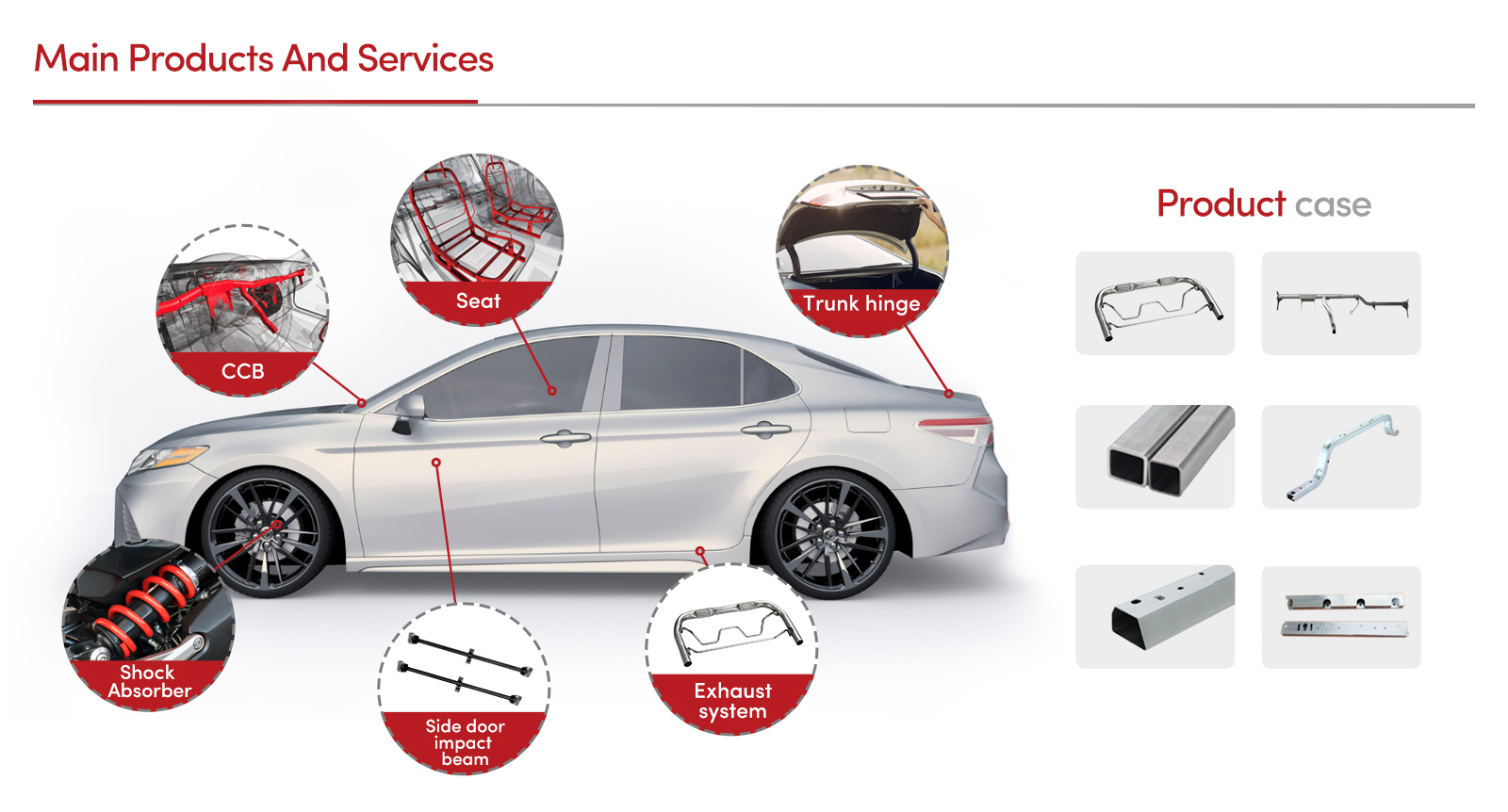
The Importance of Automotive Starter Parts
Automotive starter parts are crucial components that play a vital role in the operation of vehicles. The starter system initiates the engine's operation, allowing the vehicle to start reliably. Understanding the various components and their functions can help car owners appreciate the importance of regular maintenance and timely replacements.
At its core, the starter system consists of several key parts the starter motor, solenoid, ignition switch, and battery. Each of these components works together to ensure that the engine turns over smoothly when the vehicle is started.
Starter Motor The starter motor is the heart of the starter system. This electric motor is responsible for turning the engine's flywheel, which initiates the engine's combustion process. When you turn the ignition key or push the start button, the battery sends voltage to the starter motor, which engages the flywheel and cranks the engine. Over time, however, starter motors can wear out due to constant use, leading to difficulties in starting the vehicle.
Solenoid The solenoid is another critical part of the starter assembly. This electromagnetic switch receives the electrical signal from the ignition switch and, in turn, allows power to flow to the starter motor. A malfunctioning solenoid can prevent the starter motor from receiving power, resulting in a no-start condition. Signs that the solenoid may be failing include a clicking sound when turning the key or the absence of any sound entirely.

Ignition Switch The ignition switch is a vital interface between the driver and the starter system. It controls the flow of electricity from the battery to the starter motor. If the ignition switch fails, it can lead to starting problems or even complete electrical failure. Regularly checking the ignition switch and ensuring it is functioning can save drivers from unexpected starting issues.
Battery The battery supplies the necessary electrical power to all components within the starter system. A weak or dead battery is one of the most common reasons for starting problems. Car owners should regularly check their battery’s health, ensuring that connections are clean and tight. A battery that is over three to five years old may need to be tested more frequently.
In addition to understanding these components, car owners should also be mindful of warning signs that indicate an issue with the starter system. These may include slow cranking, the engine not starting, or unusual noises when attempting to start the vehicle. If any of these symptoms arise, it’s crucial to consult a professional mechanic to diagnose and address the problem.
Routine maintenance of the starter system can prevent costly repairs and prolong the life of the vehicle
. Regular inspections of starter parts and the electrical system are essential to ensure reliable performance.In conclusion, automotive starter parts are integral to the vehicle's operation. Understanding their functions and maintaining them properly ensures that drivers can rely on their vehicles to start smoothly every time. Whether it’s through routine checks or listening for unusual sounds, staying proactive can make all the difference in the longevity and reliability of a car’s starter system.